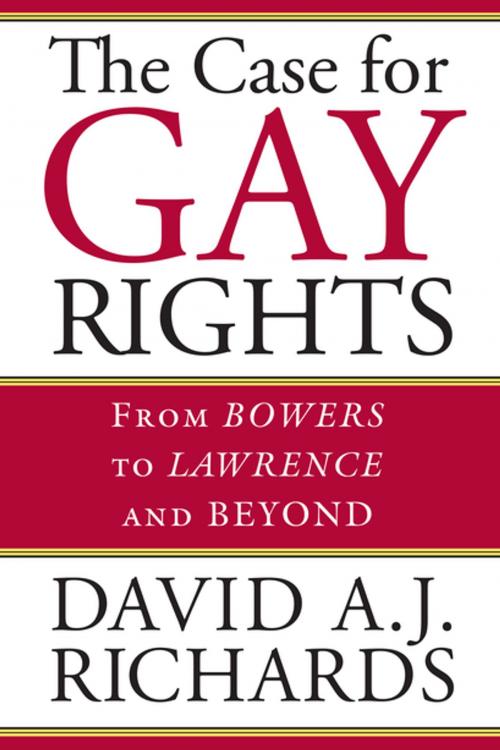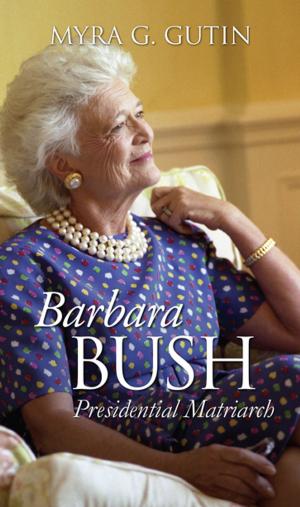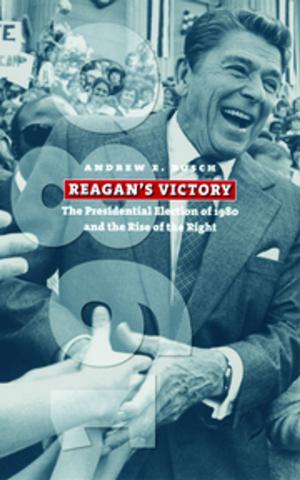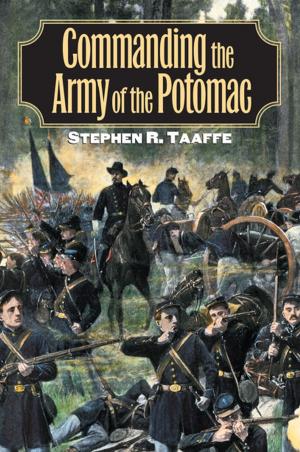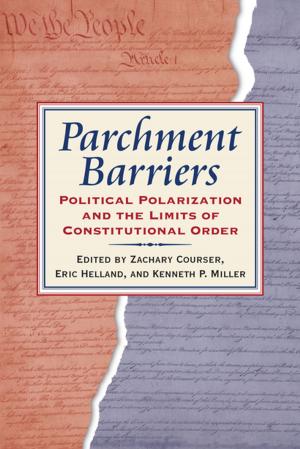The Case for Gay Rights
From Bowers to Lawrence and Beyond
Nonfiction, Reference & Language, Law, Gender & the Law, Civil Rights| Author: | David A. J. Richards | ISBN: | 9780700623129 |
| Publisher: | University Press of Kansas | Publication: | September 1, 2005 |
| Imprint: | University Press of Kansas | Language: | English |
| Author: | David A. J. Richards |
| ISBN: | 9780700623129 |
| Publisher: | University Press of Kansas |
| Publication: | September 1, 2005 |
| Imprint: | University Press of Kansas |
| Language: | English |
As Americans wrestle with red-versus-blue debates over traditional values, defense of marriage, and gay rights, reason often seems to take a back seat to emotion. In response, David Richards, a widely respected legal scholar and long-time champion of gay rights, reflects upon the constitutional and democratic principles—relating to privacy, intimate life, free speech, tolerance, and conscience-that underpin these often heated debates.
The distillation of Richards's thirty-year advocacy for the rights of gays and lesbians, his book provides a reflective treatise on basic human rights that touch all of our lives. Drawing upon his own experiences as a gay man, Richards interweaves personal observations with philosophical, political, judicial, and psychological insights to make a compelling case that gays should be entitled to the same rights and protections that every American enjoys. Indeed, the call for gay rights can trace its lineage back to the powerful protest movements of the 1960s and 1970s, which demanded racial and sexual equality and ultimately overthrew the bigoted status quo.
Richards focuses particularly on two key Supreme Court cases: the 1986 decision in Bowers v. Hardwick upholding Georgia's anti-sodomy laws and the 2003 decision in Lawrence v. Texas striking down Texas anti-sodomy laws and overturning Bowers. He shows how Bowers arose in a period of constitutional crisis over the right to privacy and examines the opinions in light of the Court's division in Roe v. Wade. He then shows that Lawrence must be understood in the context of later cases, notably Casey and Romer, which required that Bowers be reconsidered and overruled. Along the way, he examines current debates over gays in the military and same-sex marriage, assesses the Massachusetts Supreme Court's decision to permit gay marriage, and critiques the 1996 Defense of Marriage Act.
Eloquent and impassioned, Richards's work crystallizes the essence of the argument for a much more expansive and tolerant view of gay rights in America. It also offers a touching account of one gay man's very personal struggle to find the voice he needed to speak truth to the powerful forces of discrimination.
As Americans wrestle with red-versus-blue debates over traditional values, defense of marriage, and gay rights, reason often seems to take a back seat to emotion. In response, David Richards, a widely respected legal scholar and long-time champion of gay rights, reflects upon the constitutional and democratic principles—relating to privacy, intimate life, free speech, tolerance, and conscience-that underpin these often heated debates.
The distillation of Richards's thirty-year advocacy for the rights of gays and lesbians, his book provides a reflective treatise on basic human rights that touch all of our lives. Drawing upon his own experiences as a gay man, Richards interweaves personal observations with philosophical, political, judicial, and psychological insights to make a compelling case that gays should be entitled to the same rights and protections that every American enjoys. Indeed, the call for gay rights can trace its lineage back to the powerful protest movements of the 1960s and 1970s, which demanded racial and sexual equality and ultimately overthrew the bigoted status quo.
Richards focuses particularly on two key Supreme Court cases: the 1986 decision in Bowers v. Hardwick upholding Georgia's anti-sodomy laws and the 2003 decision in Lawrence v. Texas striking down Texas anti-sodomy laws and overturning Bowers. He shows how Bowers arose in a period of constitutional crisis over the right to privacy and examines the opinions in light of the Court's division in Roe v. Wade. He then shows that Lawrence must be understood in the context of later cases, notably Casey and Romer, which required that Bowers be reconsidered and overruled. Along the way, he examines current debates over gays in the military and same-sex marriage, assesses the Massachusetts Supreme Court's decision to permit gay marriage, and critiques the 1996 Defense of Marriage Act.
Eloquent and impassioned, Richards's work crystallizes the essence of the argument for a much more expansive and tolerant view of gay rights in America. It also offers a touching account of one gay man's very personal struggle to find the voice he needed to speak truth to the powerful forces of discrimination.
